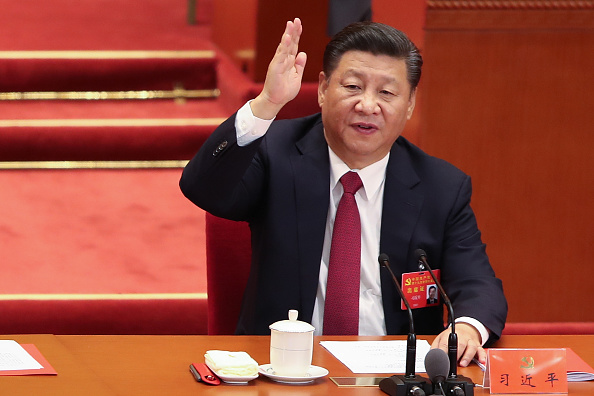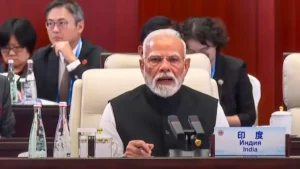Influx of cheap Chinese goods draining livelihood of Kenyans
Kenyan artisans are concerned with the influx of low cost Chinese goods in the country’s markets. Kenyans who make hand made products and sell them at large markets in Nairobi are facing an uncertain future. The charcoal stoves (jikos in the local language Swahili) and other kitchen items are the latest victims of cheap Chinese imports.
Locally handmade kitchen products, which are the livelihoods of a large population, are losing their earnings because of influx of Chinese goods. Chinese non-stick items are cheap and attractive against domestically available handmade steel/aluminum pots and pans. The Kenya National Federation of Jua Kali Associations disclosed that Chinese cheap consumer goods had devastated the regional market of traditional hand made products.
Nairobi spent USD 4 billion on imports from Beijing in 2021 against its export earnings of USD 1.5 billion from that country. The trade balance is heavily tilted in favour of Beijing. Apart from this, Kenya spent Sh 107.5 billion in debt repayments to China.
Added to this, Nairobi is facing the problem of under invoicing in importing Chinese goods. Though Beijing’s exports to Kenya were estimated at Sh 738.9 billion (around USD 6.73 billion) by China’s General Administration of Customs in 2021, it was just Sh 441.5 billion according to the Kenya National Bureau of Statistics (KNBS), thereby Sh 297.4 billion worth of Chinese goods avoiding taxes in Kenya. This discrepancy has baffled economists who suspect “misreporting” as tax evasion. Both merchants and customs officers were allegedly involved in under invoicing, thereby deceiving the exchequer with revenue losses as well as cheap imports hitting the local artisans.
Meanwhile, frauds associated with Chinese companies are also increasing. In a recent cryptocurrency scam, a Ponzi scheme by Christened Bitstream Circle showing registered in the UK by a Chinese national Quin Yang, duped Kenyans of USD 10 million, promising a daily rate of return of 5 – 8% for their investments. Cabinet Secretary for ICT (Information, Communication and Technology) Joe Mucheru recently disclosed that Kenyans lost over Sh 13.7 billion (USD 120 million) to cryptocurrency scams in a span of one financial year.
Nairobi sought economic development by attracting foreign capital, especially from Beijing. By 2018, China held close to USD 10 billion Kenya’s overall debt (73%), the highest for any country in Africa. In spite of Chinese external debt tripling between 2013-2018, Kenyan President Uhuru Kenyatta defiantly declared: “I will continue to borrow to develop Kenya.” However, Chinese investment had not contributed to any significant transformation of Kenyan industrial sector.
Chinese projects have also become a liability for the country. Kenya’s Standard Gauge Railway (SGR) project was the crown jewel of Kenyatta’s ambitious plan. SGR was designed to increase the capacity and speed of movement of goods, connecting the country with its port Mombasa in an attempt to transform the country. The construction was assigned to China Road and Bridge Corporation (CRBC) in three stages.
However, terms of the SGR deal heavily favored Chinese partners. The loan for the first stage of the construction of SGR project was disbursed by Beijing at a very high interest rate with quick repayment period. Conversely, to finance operations of the railway line, the CRBC borrowed from the Kenyan Railway Corporation (KRC), a special purpose vehicle, at zero interest with a generous grace period. Analysts point out that the repayment for KRC was in services and not in cash. Further, CRBC was relieved of liability for operating losses. Though the railway line was operational by early 2018, SGR incurred losses at a rate of USD 9 million/month in 2020 as the freight volume and passenger number could not pick up as projected.
Further, as the second stage of the SGR project is nearing completion, China’s Export-Import Bank pulled out from the third stage of the project. Thus, on both the counts, Nairobi is at the receiving end with mounting Chinese debt obligations. Incidentally, contract disputes were managed through arbitration in China under Chinese law for the project, literally binding Nairobi.










